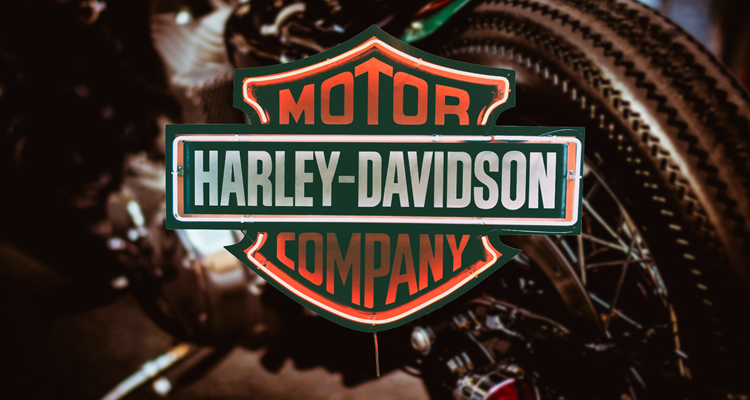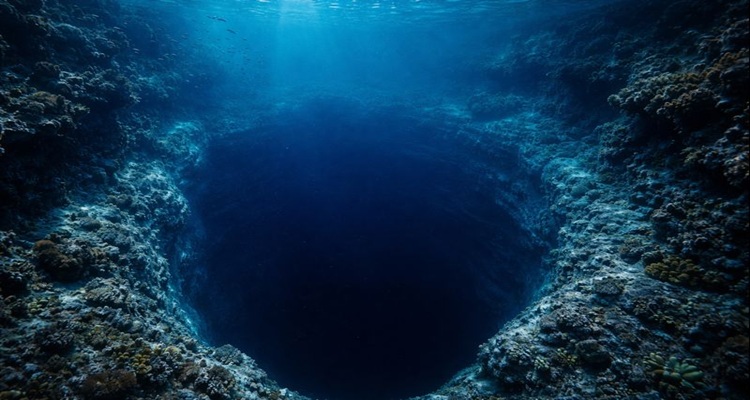Harley-Davidson Board Shake-Up Spurs Investor Alarm

Harley-Davidson faces turmoil as board member Jared Dourdeville resigns, citing “grave concerns” over leadership and culture. The company’s stock tumbled amid growing investor unrest.
Harley-Davidson Faces Leadership Crisis as Board Member Quits Over “Grave Concerns”
Harley-Davidson, the iconic motorcycle brand synonymous with American freedom and rebellion, is now grappling with internal unrest. On Thursday, the company’s stock plummeted nearly 11% after a board member representing a major shareholder abruptly resigned. His parting message was stark: the company is suffering from a deep-rooted “cultural depletion” that threatens its direction and future.
The departing director, Jared Dourdeville, who represents Harley’s second-largest investor, H Partners, did not mince words in his resignation letter to the board. He criticized the company’s leadership, corporate culture, and decision-making process, even calling for the immediate resignation of CEO Jochen Zeitz and two other board members.
This internal conflict has sent shockwaves through Harley’s investor base and rekindled long-standing concerns about the brand’s struggle to evolve with the times.
A Culture in Decline?
At the heart of Dourdeville’s criticism lies what he described as a collapse in company culture — a deterioration driven in part by Harley-Davidson’s embrace of remote work and the loss of key leadership talent. While remote work policies became commonplace during the pandemic, Dourdeville argues they’ve hollowed out the company’s internal cohesion.
“Cultural depletion” is how he put it — a strong phrase suggesting more than just office logistics. It raises questions about whether the company has lost touch with the values that once made it a symbol of American grit and innovation.
This isn’t just a philosophical concern. A weakened internal culture can have real consequences on product development, brand identity, and long-term vision — areas where Harley is already under pressure.
Behind the Scenes of a Power Struggle
While Dourdeville’s resignation grabbed headlines, the backstory reveals a brewing power struggle. According to Harley-Davidson, the board had recently declined to extend an offer to Dourdeville’s preferred CEO candidate. His departure, they claim, came just before a planned meeting to address his concerns.
Though Dourdeville has yet to respond publicly, the timing of his resignation suggests a calculated move. Rather than waiting for the board to address his criticisms behind closed doors, he aired them in a letter that quickly became public — likely to pressure the company into action and rally support from other shareholders.
This kind of boardroom drama is rare in the staid world of motorcycle manufacturing. But it also highlights just how serious some investors are about the future of Harley-Davidson.
A Company in Transition
This leadership rift couldn’t have come at a more delicate time. Just days earlier, Harley-Davidson announced that Jochen Zeitz, the current CEO, would retire in 2025. The company said Zeitz will remain in his role until a successor is appointed — a process now likely to draw greater scrutiny.
Zeitz, who took the reins in 2020, has overseen a period of restructuring and brand repositioning. Under his leadership, Harley sought to streamline its product lineup, focus on premium motorcycles, and pivot toward more affluent customers. The company’s new 2025 lineup emphasizes high-margin Touring bikes and enhanced custom options — a strategic move aimed at offsetting flat sales among younger, price-sensitive riders.
Yet these changes haven’t fully turned the tide. Harley continues to face a generational dilemma: its core customer base of baby boomers is aging, and efforts to woo younger riders have produced mixed results. According to a 2024 Deloitte mobility study, only 18% of millennials in the U.S. considered purchasing a motorcycle in the past two years — and even fewer showed interest in heavyweight touring models.
Investor Discontent and the Bigger Picture
Jared Dourdeville’s resignation points to deeper anxieties among Harley-Davidson’s investors. As the company clings to its legacy image while trying to pivot into a more luxury-focused brand, some shareholders worry it’s losing sight of its core identity. Others argue it’s not pivoting fast enough to capture new markets, especially as electric motorcycles, urban mobility, and sustainability become central to younger consumers.
In recent years, Harley-Davidson has dipped its toes into the electric segment with the LiveWire brand. But its rollout has been slow and its market impact limited. Competition is fierce from more agile startups and tech-driven brands — sectors where Harley is not traditionally strong.
Market analysts from Morgan Stanley noted in a March 2025 report that Harley-Davidson “continues to underperform in strategic execution relative to its peer group,” citing both leadership instability and lackluster innovation as key risk factors.
Can Harley-Davidson Steer Back on Course?
The turbulence within Harley’s boardroom and the fallout from Dourdeville’s resignation underscore the urgency of finding a strong, forward-looking CEO who can unite stakeholders and reignite the brand’s appeal.
Experts say the next leader must do more than maintain the current course — they must chart a new one. That means doubling down on innovation, creating products that resonate with modern riders, and rebuilding trust both inside and outside the company.
“Harley needs a visionary who understands not only motorcycles but the future of mobility,” says Bethany Reeves, a business strategy consultant who has advised auto industry clients on generational branding. “It’s not just about chrome and horsepower anymore. It’s about tech, culture, and relevance.”
A Turning Point for an American Icon
For over a century, Harley-Davidson has stood as a symbol of American freedom and craftsmanship. But as it navigates executive shakeups, cultural criticisms, and market pressures, the road ahead is anything but smooth.
Jared Dourdeville’s dramatic exit may be the wake-up call the company needs — a moment to pause, reflect, and perhaps redirect. With Zeitz on his way out and a new leadership vacuum forming, Harley has an opportunity to reinvent itself yet again. Whether it can do so without losing its soul will determine if the brand’s legacy roars into the future or fades into the rearview.
Source: (Reuters)
(Disclaimer: This article is for informational purposes only and does not constitute financial advice. Readers should consult professional advisors before making investment decisions.)
Also Read: Sunbird Fusion Rocket Could Reach Pluto in 4 Years










